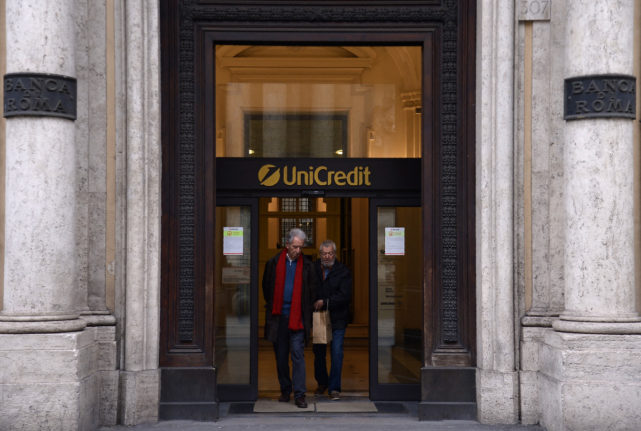Health Minister Roberto Speranza announced the wage hike in social media posts on Thursday morning.
“More rights, more protections and more money in the paycheck for 545,000 healthcare workers who finally have a new contract,” a tweet reads.
“For the roughly 270,000 nurses, raises of between 146 and 170 euros per month. Our healthcare workers are our most precious resource.”
The collective bargaining agreement was signed between Aran, the agency tasked with representing Italian public administrations in labour negotiations, and six healthcare unions late on Wednesday evening, according to Italian media reports.
Under the agreement, healthcare staff will get a monthly pay rise of up to €98 per month, with nurses receiving an additional allowance of €72.
While nurses will receive the steepest salary hike, administrative staff, midwives, researchers and radiologists are all due to get pay rises of at least €90, reports newspaper Il Fatto Quotidiano.
READ ALSO: Cost of living: How does Italy compare to the rest of the world in 2022?
Other provisions included in the contract include the introduction of a bonus allowance of between €10,000 and €20,000 for newly created managerial positions that require high levels of professional training, experience and competence.
The extra hourly rate for working night shifts rises from €2.74 to €4, according to financial news outlet Money.it.
Nurses will be eligible to receive pay rises of up to €7,700 over the course of their career, via seven individual annual salary hikes of €1,100 each.
A total of €241.6 million has reportedly been budgeted to pay for the increases.
No start date was announced for the pay increase, with reports stating that further details are still to come.
Unions said they were broadly content with the outcome but expect further investment in Italy’s healthcare sector.
“This opens a new season for the recognition of public health care work in our country,” the CGIL union’s general secretary Maurizio Landini reportedly said.
“The contract represents regained rights, now we expect a significant investment in employment and the national health service.”




 Please whitelist us to continue reading.
Please whitelist us to continue reading.
Member comments